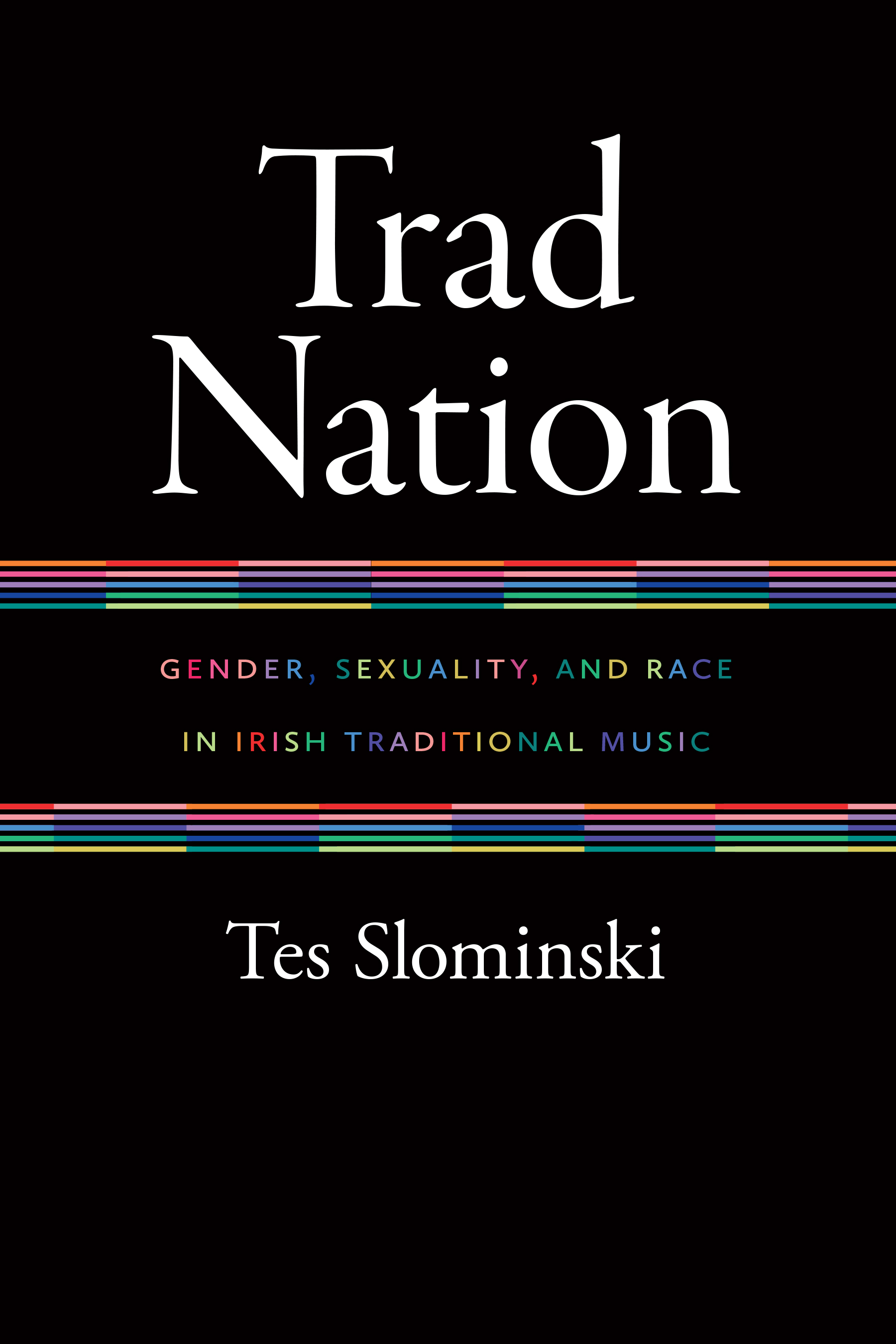Trad Nation
Just how "Irish" is traditional Irish music? In Trad Nation, Tess Slominski combines ethnography, oral history, and archival research to challenge the longstanding practice of using ethnic nationalism as a framework for understanding vernacular music...
Read more
Just how "Irish" is traditional Irish music? In Trad Nation, Tess Slominski combines ethnography, oral history, and archival research to challenge the longstanding practice of using ethnic nationalism as a framework for understanding vernacular music traditions. Drawing on her experience both as longtime fiddler in the Irish vernacular music tradition and as a queer white woman raised in the rural United States South, she argues that ethnic nationalism stands in the way of Irish traditional music's development in the twenty-first century and creates untenable positions for women, LGBTQ+ musicians, and musicians of color in this transnational and increasingly diverse genre. Trad Nation begins with discussions of early-twentieth century musicians Bridget Kenny, Mollie Morrissey, May McCarthy, Mary Kilcar, and Treasa ní Ailpín (Teresa Halpin), whose musical lives were shaped by Ireland's struggles to become a nation. It then follows the career of Julia Clifford, a fiddler who lived much of her life in England, and explores the challenges of writing feminist biography. Finally, Trad Nation examines the lived experiences of women, LGBTQ+ musicians, and musicians of color in the early 21st century as they relate to questions of aesthetics, participation, and identity. Despite its provocative critique of the relationships between Irish traditional music and Irish ethnicity, Trad Nation also conveys the pleasures of playing this music. Accounts of warmth and welcome, community, and belonging grace these pages, as well as the passion musicians have for Irish traditional music and its scenes.
Less



